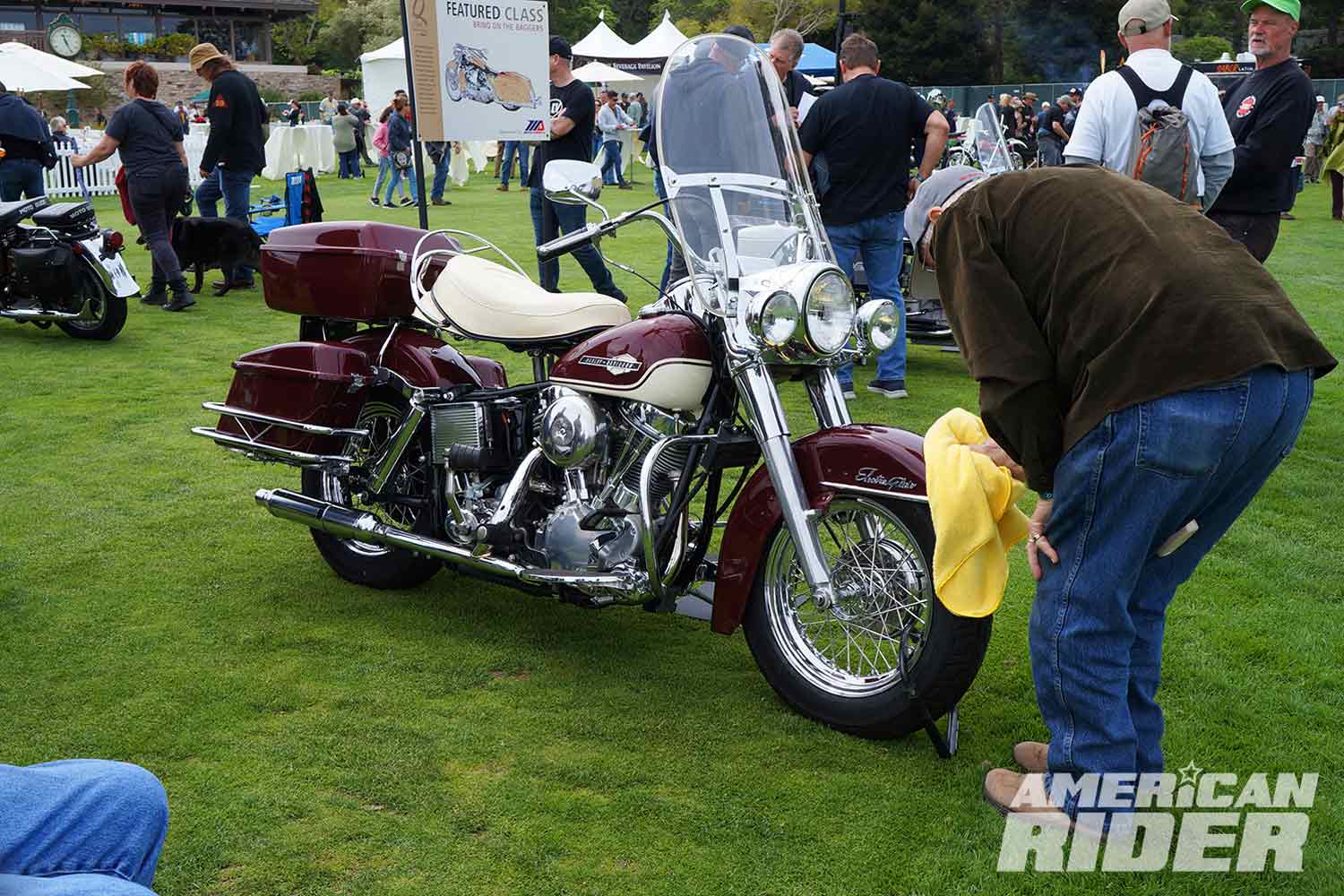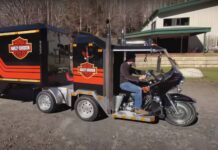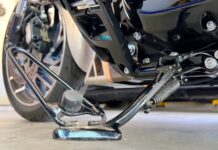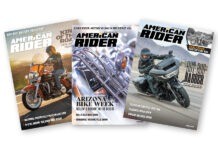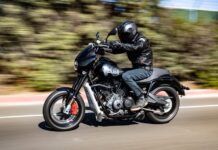We’re getting old, and I don’t just mean you and me personally.
Back in 1990, the average age of motorcycle riders was 32, jumping up to 40 in 2009, and then reaching 45 in 2012. In 2018, the average age of American motorcyclists rose to 50 years, and that upward trend has surely continued in the five years since.
Aging has a way of making us appreciate old things. Nostalgia – a sentimental longing or wistful affection for the past – is a powerful driver of emotions. Most of us recall the era of our youth with affection, associating it with happy personal emotions. While a Gen Z-er might see an old motorcycle and think it decrepit or irrelevant, those of us of a certain age see it as a glimpse of a glorious past that has paved the way to the present.
Find more Rubber-Side Down columns here
The wonderful machines of bygone eras are fascinating, as they are the bridges to the refined and technologically advanced motorcycles of the modern era. We wouldn’t have the benefits of instant one-button starting or 100 trouble-free horsepower – let alone anti-locking disc brakes and lean-sensitive traction control – without the bikes that preceded those of today.
But motorcycles aren’t merely transportation devices – they are also cultural touchstones and part of society’s zeitgeist.
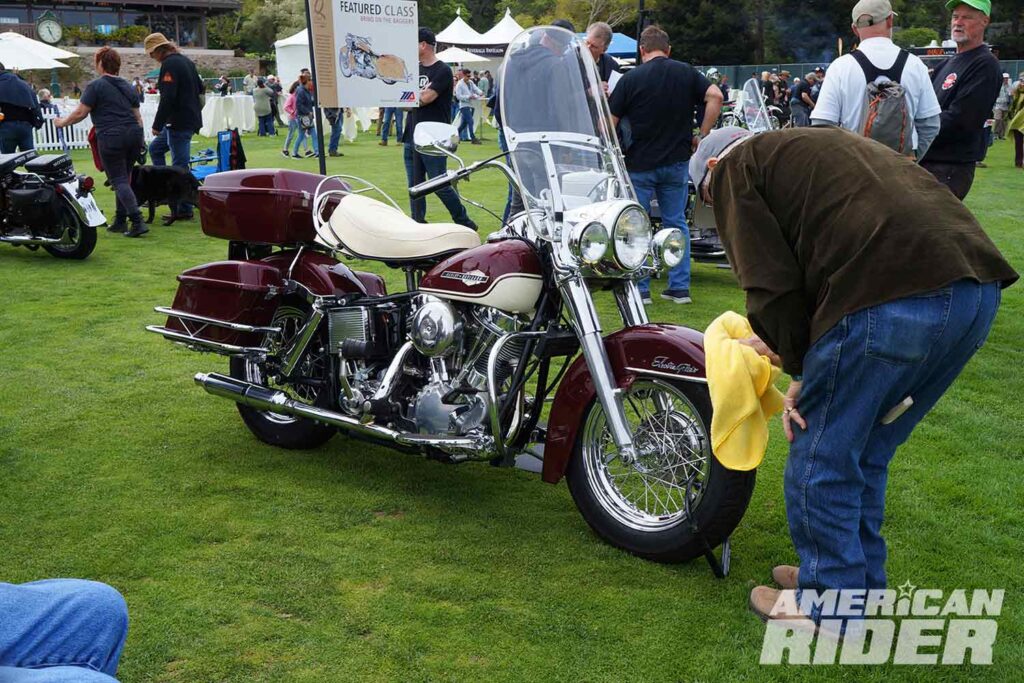
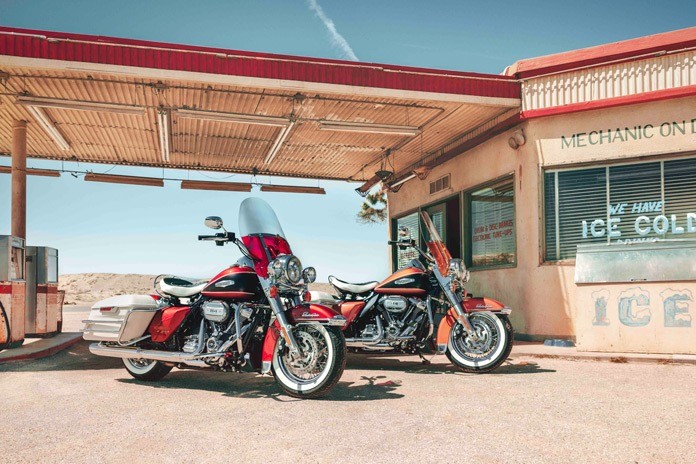
And that’s why we’ve been delving into historical angles of motorcycling in the pages of American Rider. Providing context for earlier eras illuminates the broader stories of our two-wheel world. We hope you find it educational in a way that’s far more entertaining than what we were taught during our schooldays!
Related: 2023 Harley-Davidson Electra Glide Highway King
In the June issue of American Rider, Kip Woodring takes us for a ride through the 1940s with the latest installment of his “Early Rider” series. He examines how the experience of World War II affected Americans, both during the war and in the following years, spawning the trend among riders toward bobbers and a rebel culture.
Digging a little deeper, we take a ride to Billville and get lost in the cornucopia of motorcycle items in Bill’s Old Bike Barn and Museum. Check it out to see one of the most encompassing moto-related collections anywhere in the world.
The history of the Laughlin River Run stretches back 40 years, and it’s now been supplanted by the Bullhead River Run. But whether running in Bullhead or Laughlin, a visit to Oatman, Arizona, is always in play. Oatman has roots back to the 1800s, and the Old West flavor of the town carries on even today.
Do we appreciate old things only when we get old? Or do younger people not appreciate old things because they aren’t introduced to them?
I’d like to know what you think. Send your views to connect@americanrider.com.


